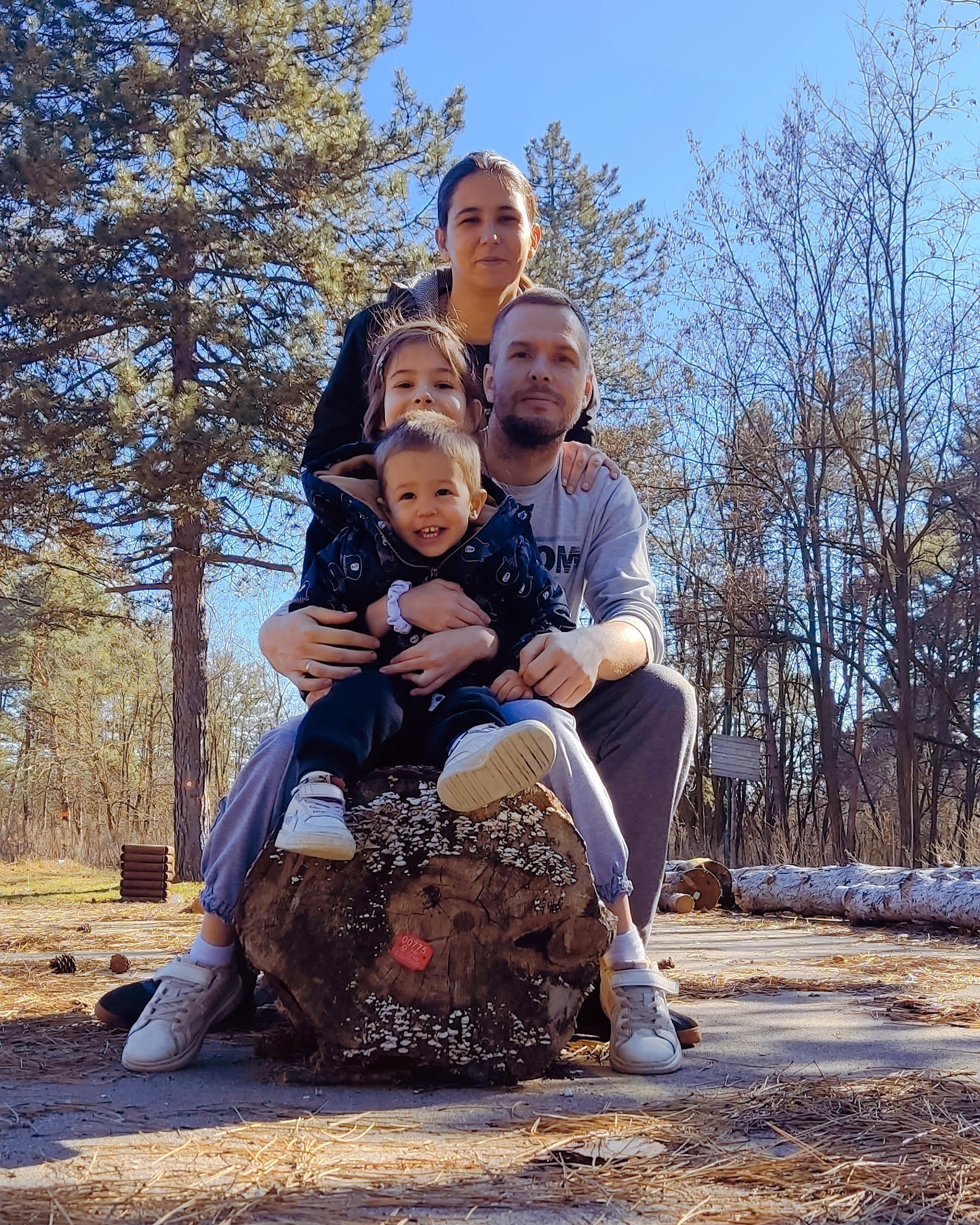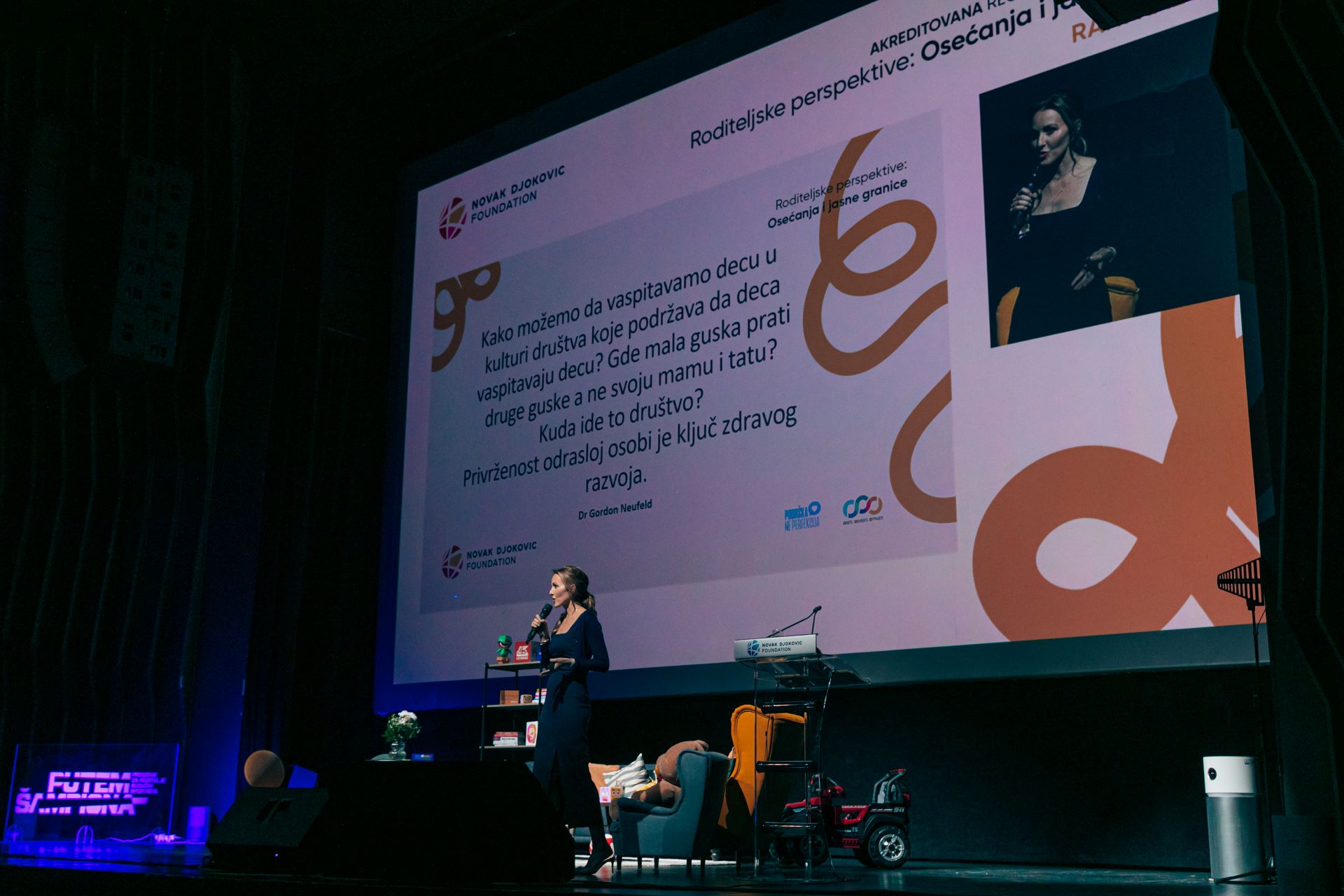For most parents, bedtime is a welcome opportunity to put kids down and finish up the day. Many children infamously protest, yet ironically enough are asleep within minutes of their heads hitting the pillow. Sleep is an essential component to human life, growth and development.
It is particularly significant for preschool aged children due to the fact that between the ages of 3-5 important imaginative and creative developments occur in the brain. These developments would not be possible without the presence of a regular, routine sleep cycle. By getting into a regular circadian rhythm, preschoolers are more likely to be less irritable and have longer attention spans. In fact, Time Magazine released an article – „Let Your Kids Sleep More for Better Grades“– commenting on how for older children sleep is directly correlated with quantitative academic performance. Sleep is critical for children of all ages. Yet, one fundamental question remains – is your child truly getting the correct amount of recommended sleep?
According to the National Sleep Foundation, toddlers should be getting between „11-14 hours of sleep within a 24 hour period.“ This is essential to physical, emotional, and mental development, as well as getting your child into a steady circadian rhythm. Research has shown that the most important aspect to developing these essential habits from a young age is routine. Having a steady bedtime ritual for you and your child is critical to creating a healthy lifestyle, that will be implemented for a lifetime.
The Cleveland Clinic offers value resources, advice and tips for children of all ages. Some of the most helpful include:
- Do not let you child drink any sort of caffeine within two hours of bed time. If your child has potential issues with using the restroom at night, make sure to limit all liquids
- Make sure to create a warm and comfortable environment for your child in and around their bed
- Tell them that’s it’s ok to come wake you up if they have a scary dream, but be sure to put them back in their own bed afterwards (potentially with a favorite stuffed animal or blanket to add an additional layer of comfort)
One factoid that is particularly prevalent is the overall significance and importance of naps. Particularly for toddlers, naps are an essential part of their natural circadian rhythm and sleep cycle. However, according to the National Sleep Foundation, most children cease their regular nap schedules by the age of 5. It is important to note that preschool aged children are at the peak of their imagination and creativity developments. Therefore, many might experience vivid dreams, night terrors, or sleepwalking as a result. Some helpful suggestions from the National Sleep Foundation can help with any of the above symptoms. These include „maintaining a regular and consistent sleep schedule, (having) a relaxing bedtime routine that ends in the room where the child sleeps, (and) sleeping in the same environment every night, in a room that is cool, quiet and dark.“ As a child grows older (i.e. moves on to preschool), naps slowly become obsolete in the everyday hustle and bustle of childhood.
The American Academy of Pediatrics offers their own recommendations for sleep, with nap time included in the total. For children between the ages of 1 to 2 years-old they „should sleep 11 to 14 hours per 24 hours.“ For children between the ages of 3 to 5 years-old they „should sleep 10 to 13 hours per 24 hours.“ Lastly, for children between the ages of 6 to 12 years-old they „should sleep 9 to 12 hours per 24 hours.“ These guidelines have proven to be optimal for both brain development and physical growth, specifically for preschool aged children.
Some may ask, ‘why is sleep so fundamentally important, especially for my preschooler?’ Here’s why. Many educators and parents alike would agree that many preschoolers have expendable amounts of energy. As more school districts create readily available public Pre-K, it’s important that this energy is channeled into a productive learning environment. School and sleep are interrelated throughout a child’s educational journey. Routines and the balance of NREM and R.E.M. Sleep are important skills to learn young that will last for a lifetime and fully enhance a child’s educational, physical and mental development.

















